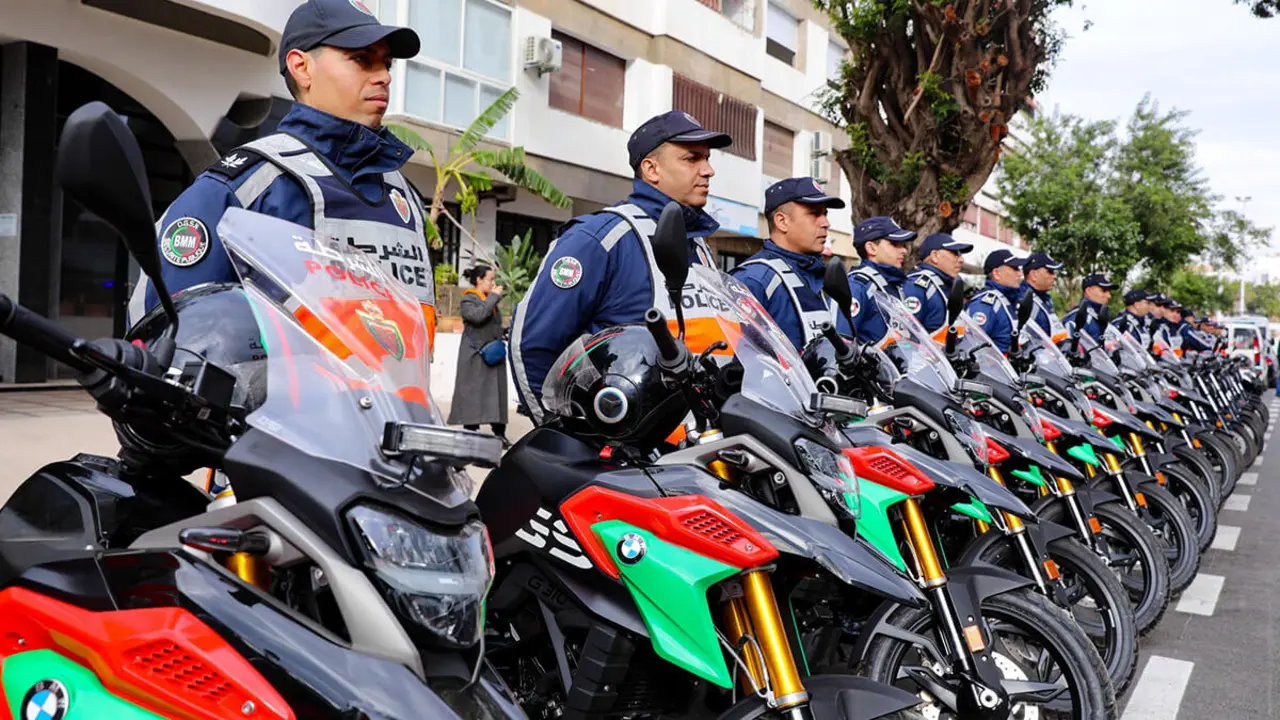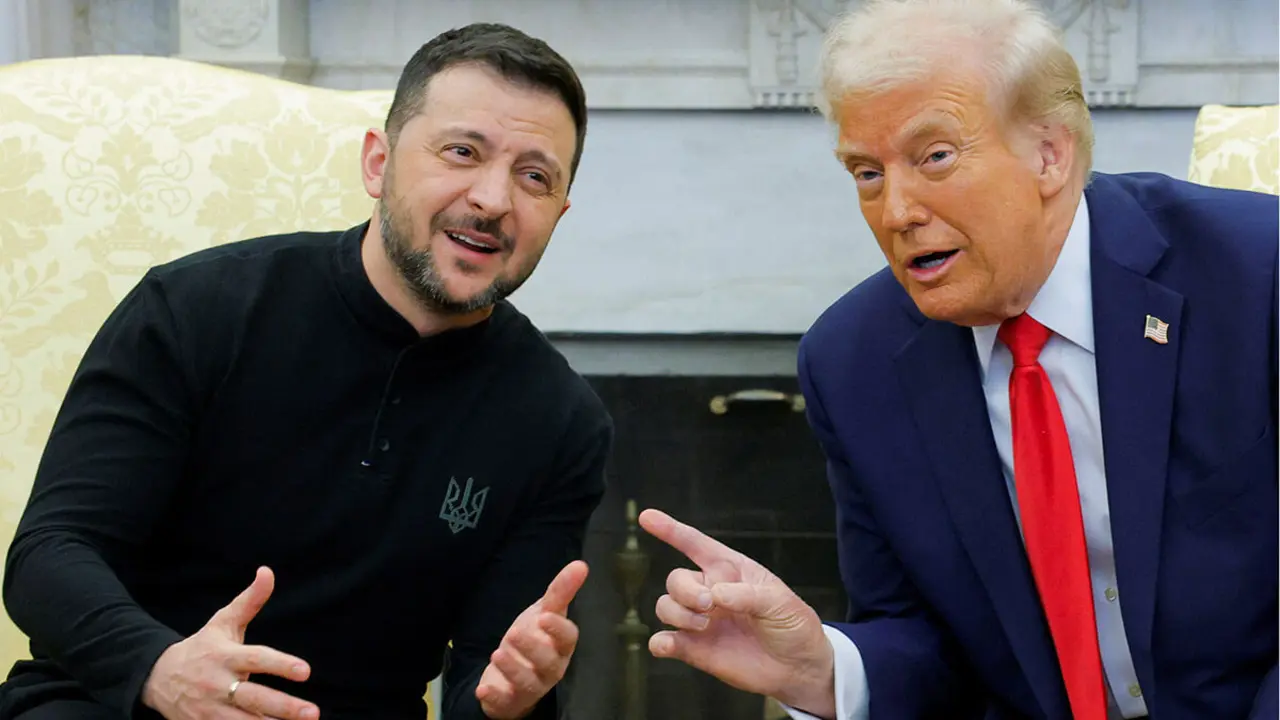Maduro regains control of gold held in London granted to Guaidó by the British justice system

Thirty-one tons of gold are at the center of a legal dispute between the Central Bank of Venezuela (BCV) and the Bank of England, the British central bank. And also, between the Executive of Nicolás Maduro and that of Juan Guaidó.
The Court of Appeal of England announced on Monday it was annulling the ruling that granted the gold reserves of the Caribbean country to the opposition deputy Guaidó, thus accepting the appeal presented by the BCV.
Last July, the British High Court recognised Juan Guaidó as the legitimate president of Venezuela, and therefore he obtained the power over the gold reserves that the South American country has in the Bank of England. The British Court considered that it was Guaidó's "ad hoc" administration that was entitled to access the 31 tons of gold, valued at over $1 billion, deposited in the Bank of England.
The BCV, which answers to Maduro's government, lodged an appeal with the British justice system so that the Chavista leader would have the power of these reservations.
When the appeal was accepted, the Court of Appeal granted the BCV the file of appeal, so that access to the gold reserves in Guaidó was denied and instead they were placed under the control of Nicolás Maduro's administration. The Venezuelan issuing institution, represented by Zaiwalla & Co, filed a lawsuit last May against the Bank of England to access part of the more than $1 billion Venezuela has on deposit in London. Maduro requested these resources to address the health crisis resulting from the COVID-19, which has aggravated the country's already difficult situation.
"The BCV welcomes the decision adopted by the Court of Appeal of England, within the framework of the legal claim against the Bank of England, in order to access the resources deposited in that financial institution," the BCV said in a statement.
Venezuela's intention is to allocate these reserves to a United Nations programme to obtain humanitarian aid, medicines and equipment needed to combat the pandemic in Venezuela.
This ruling "will make it possible to restore the legality that was broken following the Bank of England's refusal to execute the instructions issued by the BCV on the transfer of resources for humanitarian purposes, which are so necessary for responding to the COVID-19 pandemic in coordination with the United Nations Development Programme (UNDP)," the Latin American bank's text stresses.

The dispute over control of these gold reserves began in early 2019, when more than 50 countries recognised Juan Guaidó. Among them, Theresa May's then executive recognised Guaidó as the legitimate president of Venezuela. According to the BBC, Sarosh Zaiwalla, a lawyer representing the BCV in London, says that when the president of the Venezuelan institution, Calixto Ortega, and Simón Zerpa, the finance minister, travelled to London to request the return of the gold, the Bank of England informed two representatives of the BCV: “No, our government (UK) recognizes Guaidó and so we will not give them the gold.” The Bank of England therefore rejected Ortega and Zerpa's request for the return.
But with this ruling the Court understands that the judgment was wrong in considering that the terms of the British government's recognition of Juan Guaidó as president of Venezuela "de jure" (in law) excluded the possibility that the Executive, nevertheless, also recognised Maduro as "de facto" (de facto) president
The new order understands that it is possible for Boris Johnson's government to expressly recognize a person "de jure" while at the same time recognizing another "de facto". It has therefore paved the way for a detailed factual investigation to be carried out by the justice system, explaining the diplomatic relations that exist between London and Caracas, in order to determine whether the British government recognises that Maduro does indeed continue to exercise "de facto" powers as leader of the Bolivarian Republic.
For decades, Venezuela has been storing gold from its Central Bank reserves in foreign entities, both in Europe and in the United States. For economists, this is a simple strategy of protecting and safeguarding gold reserves, very common in small countries.
In 2011, President Hugo Chávez handed out around 160 tonnes of gold from US and EU banks to the Central Bank of Caracas, calling for his country's need for physical control of the assets.








